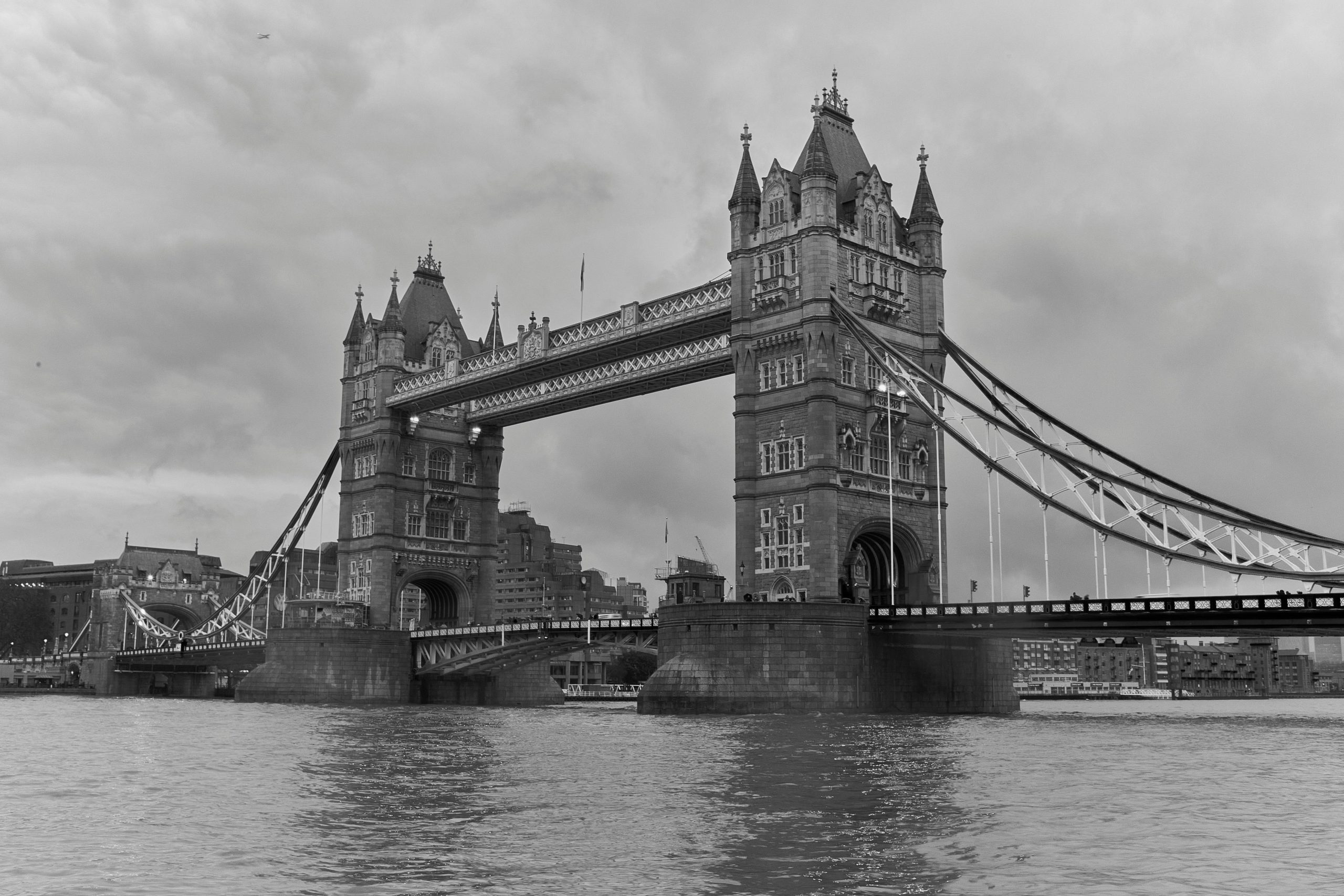Understanding National Identity: Am I Considered British If I Was Born and Raised in England?
The question of national identity can be complex, especially in multicultural societies like the United Kingdom. Many individuals with immigrant backgrounds often grapple with understanding where they fit within the national narrative. One common question is: Am I considered British if I was born and raised in England, despite my ethnic roots being from another country?
A Personal Perspective
To illustrate this, consider the experience of someone born in Paddington, London. Growing up in East Croydon until around age 12 or 13, they identify as British. Their parents are Nigerian, which makes their ethnicity Nigerian. At the age of 13, they moved to Nigeria and lived there for approximately eight years before returning to London to resettle. Such a background highlights the layered nature of identity, where birthplace, upbringing, cultural exposure, and familial heritage all intertwine.
Understanding British Identity
In the United Kingdom, citizenship and identity are often linked to legal status—being born in the UK generally confers British citizenship, provided certain conditions are met. Moreover, British identity encompasses a shared cultural history, values, and societal integration. For many, being born and raised in England naturally leads to considering oneself British, regardless of ethnic ancestry.
However, cultural identity extends beyond legal status. It involves personal connections to language, traditions, and societal participation. In the example above, despite having Nigerian roots, the individual’s upbringing in London and their lived experiences contribute to a strong sense of British identity.
The Multicultural Reality
The UK is renowned for its multicultural fabric, where identity is often a hybrid of national and ethnic elements. Many British-Nigerians, for instance, navigate dual identities—embracing their Nigerian heritage while also feeling a part of British society. This duality enriches personal identity and reflects the diverse nature of modern Britain.
Conclusion
Ultimately, whether you are considered British depends on various factors, including birthplace, upbringing, cultural engagement, and personal identification. If you were born and raised in England, it is entirely valid to identify as British, even if your ethnic background is Nigerian or from another country. Embracing a multifaceted identity is a testament to the rich diversity that defines contemporary Britain.
If you’re reflecting on your own identity, remember that it’s a personal journey shaped by your experiences, heritage, and connections to the community around you. There is no single definition—your sense of self is valid and unique.


Celebrating the Rich Tapestry of British Identity in London
I really appreciate this thought-provoking discussion about what it means to be British, especially here in London, the city where diverse identities converge seamlessly. As a fellow Londoner, I’ve seen firsthand how multicultural backgrounds and local experiences shape our sense of belonging.
London exemplifies that national identity isn’t solely about birthplace or ethnicity but about community involvement, cultural exchange, and shared values. For many of us, growing up in neighborhoods like Brixton, Hackney, or Southall means embracing multiple identities—being British at heart while proudly preserving our roots from around the world.
Ultimately, London’s strength lies in its diversity. Whether born here, raised here, or having chosen to make it home, our varied experiences add to what makes Britain truly unique. Embracing this diversity not only affirms individual identities but also helps us build a more inclusive and vibrant city for future generations.